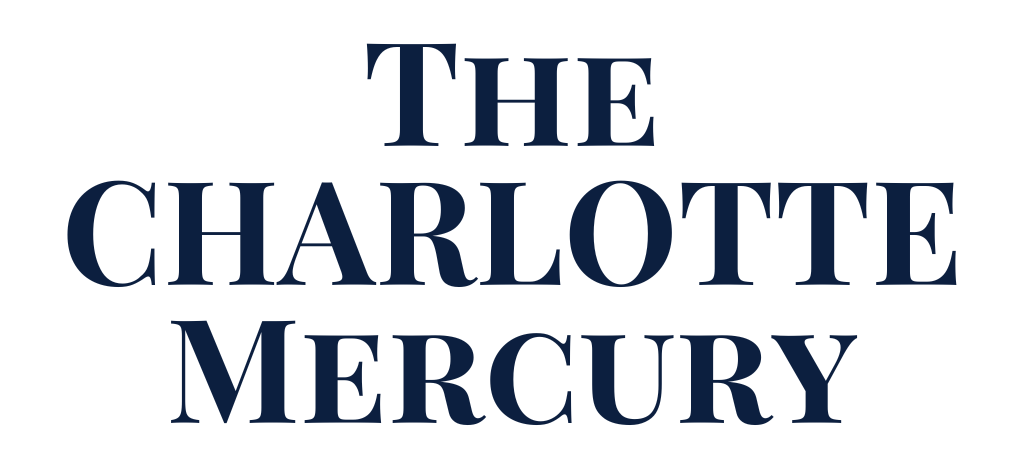
The politics of the rebrand
In Washington, the label is often louder than the thing itself.
American politics has entered its packaging era. We don’t argue over reality so much as re-sticker it—rename, relabel, retweet, repeat. If the new label peels off, we print a sharper one and keep moving. The spectacle is entertaining; the consequences are not.
A medal, a name—and a missing “V.”
The reboot began with a glossy video celebrating an executive order giving the Pentagon a secondary title: “Department of War.” (Congress would have to act to change the department’s legal name.) The clip tried to add heft by lauding the defense secretary as a Bronze Star recipient “for valor.” Within hours, veterans and reporters pointed out a basic fact: his two Bronze Stars were for meritorious service, not heroism under fire. Bronze Stars for valor are marked with a “V.” The video came down. The lesson lingers. If you can’t tell the difference between courage and competent service, maybe don’t release the trailer.
The informant who wasn’t.
Then the House speaker added a plot twist: He said Donald Trump had served as an FBI informant in efforts to bring down Jeffrey Epstein. The claim landed like a soap-opera reveal and unraveled just as quickly. Within days, the speaker’s office walked it back—he was “reiterating” that Trump kicked Epstein out of Mar-a-Lago years ago and, in the speaker’s view, helped prosecutors understand Epstein’s conduct. It’s a familiar Washington rhythm: a dramatic line, a news cycle of confusion, then a footnote pointing in a much smaller direction than the original boast.
When words are the problem, not the policy.
On social media, the vice president defended a deadly strike on an alleged drug boat as the “highest and best use” of U.S. military power. When critics noted that killing civilians without trial meets the definition of a war crime, he replied, “I don’t give a s*** what you call it.” That response is revealing. Words matter because they tether action to law. Shrug off the words and you’ve announced that the law is the optional part. Even members of the vice president’s party called the sentiment “despicable and thoughtless.” If the policy is defensible, it should survive the vocabulary.
The war on the press, reduced to cafeteria taunts.
In a Daily Caller interview, the White House press secretary—whose job is language—called CBS’s Face the Nation host “stupid,” then agreed when the president labeled her “nasty.” She has also described searching for reporters’ named experts and pushing Wikipedia pages to undercut them. That’s not media strategy; it’s opposition research on the cheap. It tells the public less about bias than about this White House’s comfort substituting epithets for arguments.
Booed in Queens, angry online.
At the U.S. Open, the president appeared on the jumbotron and got a New York greeting: some cheers, more boos. A White House “rapid response” account blasted the reporters who noted the boos as “Fake News Losers” with “pea-sized brains.” Later, when another round of boos rolled through, the account fell silent. A presidency confident in its case doesn’t need to pick fights with a tennis crowd or belittle the press corps’ cranial capacity.
Thread these episodes together and a pattern appears. We relabel. We escalate. We insult. And when facts intrude—on medals, informants, law, or crowd noise—we insist the label was right all along and the audience is wrong.
It would be easy to dismiss this as the usual partisan theater. But language is policy’s scaffolding. Calling the Pentagon “War” without changing the law is branding, not reform. Conjuring a spy story to explain away a scandal trivializes both. Treating due-process language as a nuisance loosens the guardrails that keep U.S. power inside the law. And mocking the press for noticing what happened in a public arena is not rebuttal; it’s an admission that the argument can’t stand up without a megaphone.
There’s a simpler way to govern: match labels to deeds. If you want to honor valor, verify the V. If you’ve got evidence of informants, produce it with dates and documents, not winks and walk-backs. If a military action is lawful, cite the authority, the target criteria, and the review. If you believe the press is wrong, show your work—don’t shout it down.
We don’t need brighter stickers. We need sturdier facts. The country is not a trailer cut to a pounding drumline; it’s a ledger that demands receipts. Until leaders accept that, the relabeling will continue apace—and the public will keep peeling off the decals to see what’s really underneath.
About the Author
Jack Beckett covers Charlotte’s power grid (the human one). When not filing public records requests, he’s mainlining espresso and counting how many times “task force” means “press release.” Say hi (or bring beans) on X at @QueenCityExp or via the Contact Us page.
The Fine Print (come for the jokes, stay for the clauses)
- Privacy Policy: We don’t stalk; we report. Read how we handle your data with monk-like restraint in the Privacy Policy.
- About Us: Who we are, why we’re stubborn, and how this newsroom stays privacy-first: About Us.
- Terms of Service: The polite fence around our sandbox. Kick the tires here: Terms of Service.
- Media Kit: Want your brand next to sharp journalism (and above average puns)? Start with the Media page.
- Contact: Got a tip, gripe, or typo? Tell us—nicely or not—at Contact Us.
Creative Commons License
© 2025 The Charlotte Mercury / Strolling Ballantyne
This article, “War Labels, Wrong Medals, and the Boo-Meter: How Washington Rebrands Reality (and Why Charlotte Shouldn’t Buy It),” by Jack Beckett is licensed under CC BY-ND 4.0.
“War Labels, Wrong Medals, and the Boo-Meter: How Washington Rebrands Reality (and Why Charlotte Shouldn’t Buy It)”
by Jack Beckett, The Charlotte Mercury (CC BY-ND 4.0)
